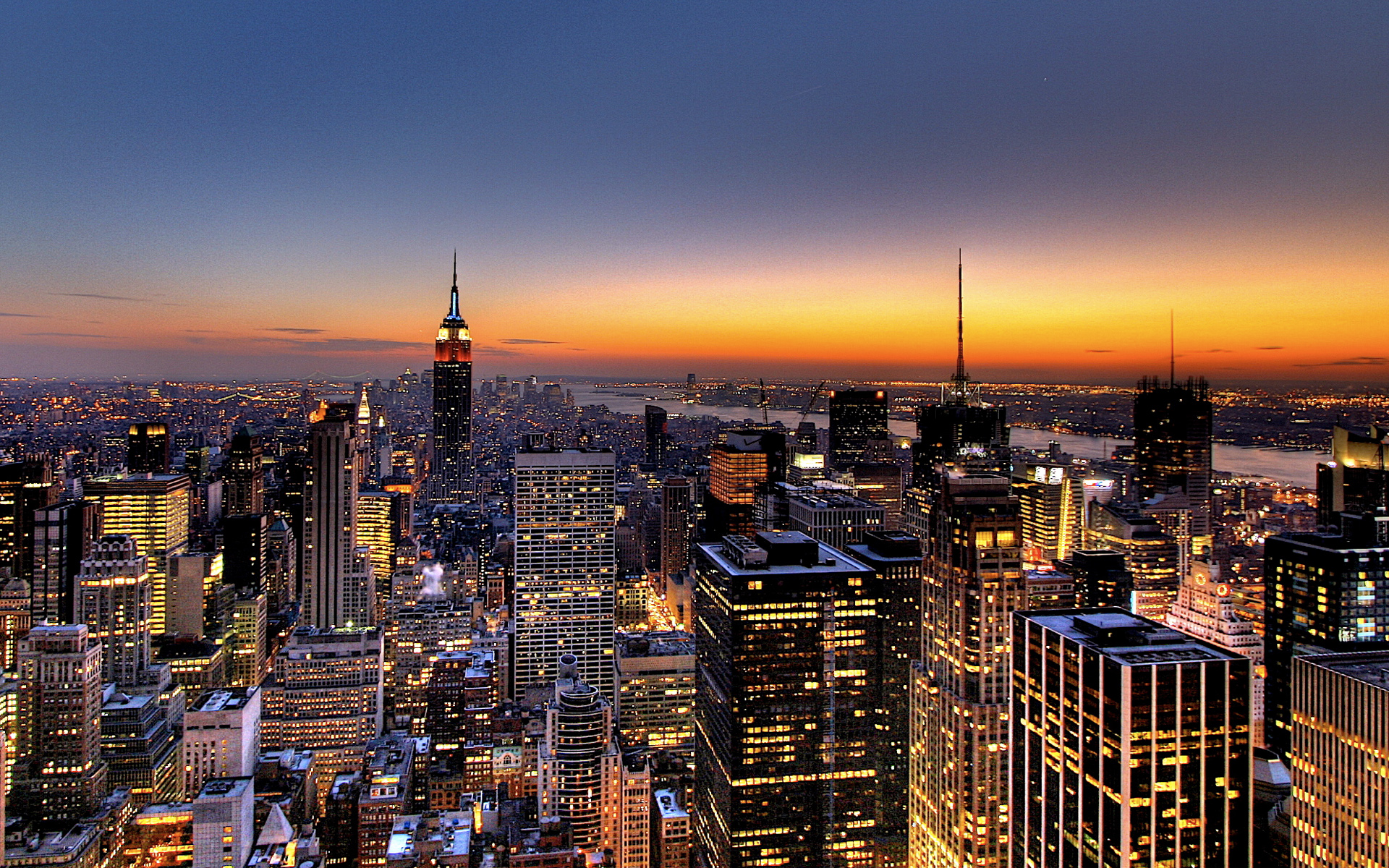America mulls regulating facial recognition
WHEN THINKING about police use of facial recognition, most Americans probably fall somewhere between two extremes. On one side is the approach taken by San Francisco and Somerville, Massachusetts, both of which earlier this year banned municipal agencies, including the police, from using facial recognition.
On the other is the view expressed by Michael McCaul, a Republican congressman from Texas, who during a hearing of the House Homeland Security Committee on July 10th announced: “When somebody is in the public domain…there’s no expectation of privacy.” Imagine a world in which cameras equipped with facial recognition were ubiquitous. In Mr McCaul’s view, a permanent government record of everywhere everyone goes would be the price people pay for leaving their homes.
The Supreme Court has rejected versions of that view in United States v Jones, a case in 2012 which held that police violated a suspect’s Fourth Amendment rights by attaching a GPS device to his car without a warrant. Carpenter v United States held that obtaining a suspect’s mobile-phone metadata without a warrant also violated his privacy rights. John Roberts, the chief justice, noted that the Court had long “recognised that individuals have a reasonable expectation of privacy in the...























